Is Marvel Losing Its Touch? A Critical Look At Recent Releases
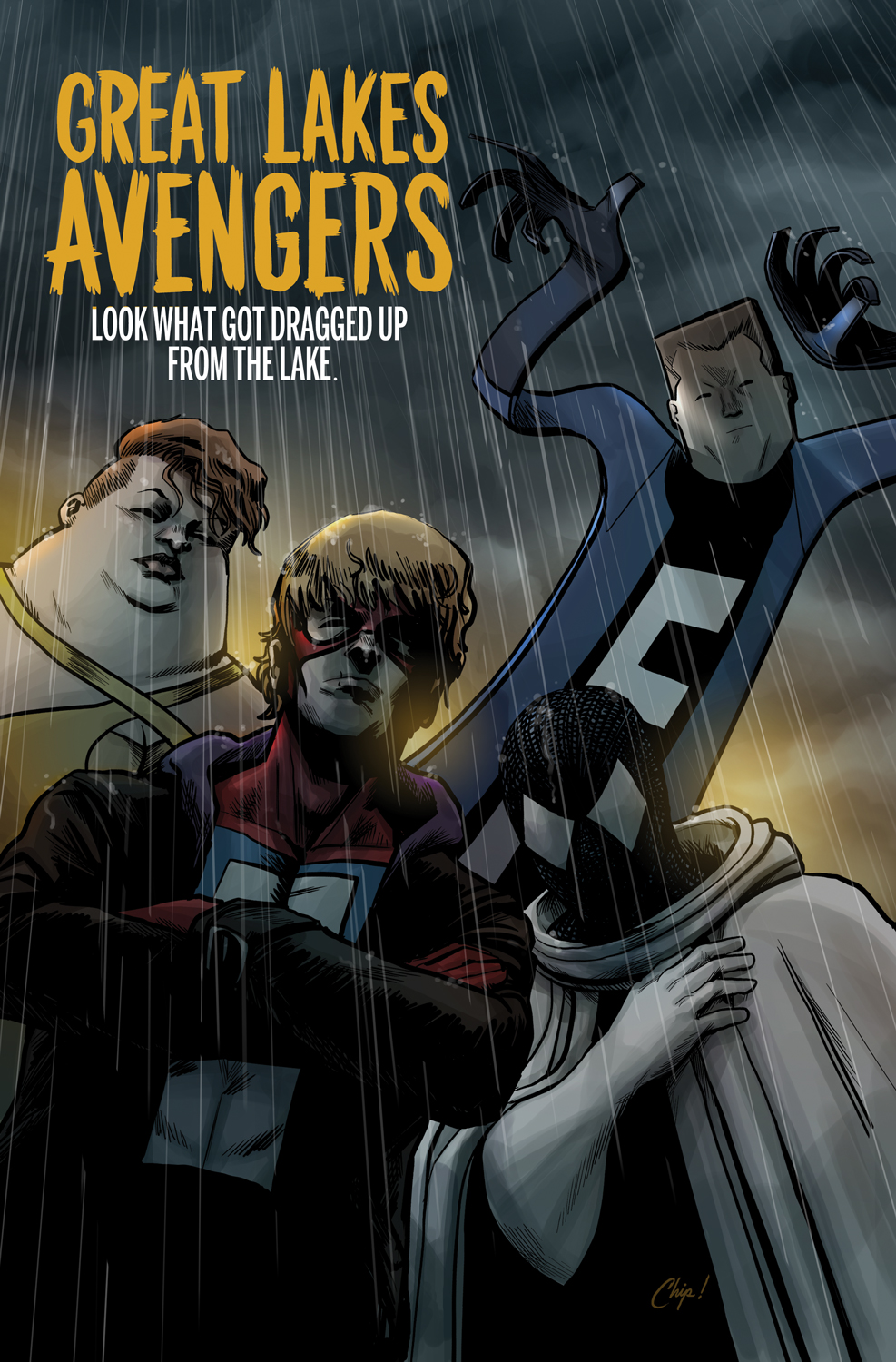
Table of Contents
A Decline in Creative Storytelling?
One of the most prevalent criticisms leveled against recent Marvel releases is a perceived decline in creative storytelling. The magic that once defined the MCU – its innovative narratives and unique character arcs – seems to be fading, replaced by a reliance on established formulas. This formulaic approach, while comfortable for some, leaves many viewers feeling unsatisfied.
- Repetitive Plot Points: Many recent films feature similar plot structures, often involving a villain with a predictable motivation and a hero's journey that feels somewhat recycled. We see similar themes of loss, redemption, and overcoming personal demons, often lacking the fresh, surprising twists that characterized earlier MCU installments.
- Comparison to Early Marvel Films: Contrast the groundbreaking originality of Iron Man (2008) or the emotionally resonant narrative of The Winter Soldier (2014) with some of the more recent offerings. The early MCU films felt daring, taking risks and exploring complex themes. Recent releases, while visually impressive, often lack that same spark of inventive storytelling.
- Critical Reviews Reflecting Predictability: Negative critical reviews frequently point to predictable narratives and a lack of originality as major flaws. Critics often highlight the reliance on established tropes and the absence of genuinely surprising plot developments.
- Creative Turnover: The impact of creative differences and significant personnel changes within Marvel Studios cannot be ignored. A shift in creative leadership can influence the overall direction and tone of the MCU.
The Over-Saturation of the MCU?
The sheer volume of MCU content released in recent years has led to a widespread feeling of "MCU fatigue." The constant stream of films and television series, while aiming for interconnectedness, may have inadvertently diluted the impact of individual stories.
- The Sheer Number of Releases: The frequency of new releases can overwhelm even the most dedicated fan. Trying to keep up with the constant flow of new content can lead to exhaustion and a decreased appreciation for each individual project.
- Interconnectedness Impacting Quality: While the interconnected nature of the MCU was initially a strength, the sheer number of interconnected storylines can sometimes feel convoluted and detract from the individual narratives.
- Audience Burnout and Box Office Performance: The impact of audience burnout is evident in fluctuating box office numbers and streaming viewership. While some projects still perform exceptionally well, others have underperformed, suggesting a potential decline in audience engagement.
- Addressing Franchise Fatigue: Marvel needs to strategize to combat this fatigue. Perhaps a more curated release schedule, focusing on quality over quantity, is necessary. Strategic breaks between releases could allow for renewed audience excitement and anticipation.
Shifting Audience Expectations and Critical Backlash
The modern movie-going audience has evolved significantly. Expectations are higher than ever before, with increased demands for nuanced characters, diverse representation, and complex narratives.
- Demand for Diverse Representation: Audiences are increasingly seeking diverse voices and representation in their media. While Marvel has made strides in this area, some argue that more nuanced and authentic representation is needed.
- Nuanced and Complex Characters: Viewers crave characters with depth and complexity, moving beyond simple archetypes. The demand for characters with multifaceted personalities and morally gray areas is driving the critical evaluation of recent releases.
- Social Media's Influence: Social media and online discourse play a significant role in shaping audience perception. Negative reviews and online discussions can amplify criticisms and influence overall public opinion.
- Critical Reception of Recent Projects: The critical backlash against certain recent Marvel projects often stems from these heightened expectations. Reviews frequently highlight a perceived lack of originality, depth, and emotional resonance compared to earlier films.
Are There Still High Points in Recent Marvel Releases?
While criticisms are valid, it's crucial to acknowledge that not all recent Marvel projects have been poorly received. Some releases have bucked the trend, demonstrating that the MCU still possesses the ability to deliver high-quality entertainment.
- Successful Outliers: Certain projects, due to unique storylines, strong character development, or excellent performances, have garnered positive critical acclaim and audience reception, proving there's still potential for excellence within the MCU.
- Praise for Specific Aspects: Even in less successful projects, aspects like visual effects, specific acting performances, or individual storylines have often been praised, showing pockets of strength within the overall output.
- Factors Contributing to Success: Analyzing these successful outliers can provide valuable insights into what elements are crucial for crafting engaging and critically acclaimed Marvel projects. Understanding these factors is crucial for the MCU's future.
- Counterarguments to the Main Thesis: The existence of these successful projects directly counters the argument that Marvel has entirely lost its creative touch. It suggests that the issues may be more about consistency and overall strategy than a complete creative decline.
Is Marvel Losing Its Touch? A Final Verdict
In conclusion, the question of whether Marvel is losing its touch is multifaceted. While criticisms regarding creative storytelling, over-saturation, and shifting audience expectations are valid, the existence of successful outliers demonstrates that the MCU's ability to produce high-quality content isn't entirely gone. The challenge for Marvel lies in finding a balance between delivering consistent high-quality stories, addressing audience fatigue, and adapting to evolving viewer expectations. This may involve revisiting its creative process, refining its release strategy, and prioritizing quality over quantity. Ultimately, the future of the MCU depends on its ability to learn from past successes and failures.
So, what do you think? Is Marvel losing its touch? Which recent Marvel releases did you enjoy, and why? Share your thoughts in the comments section below! Let's discuss the future of the Marvel Cinematic Universe, Marvel movies, and Marvel shows, and whether the current dip is temporary or a more significant shift. #MarvelLosingItsTouch #MCUFuture #MarvelMovies #MarvelShows

Featured Posts
-
 Hong Kong Restaurant Review Honjos Modern Take On Japanese Dining
May 04, 2025
Hong Kong Restaurant Review Honjos Modern Take On Japanese Dining
May 04, 2025 -
 Sheung Wans Honjo Fun Modern Japanese Restaurant Review
May 04, 2025
Sheung Wans Honjo Fun Modern Japanese Restaurant Review
May 04, 2025 -
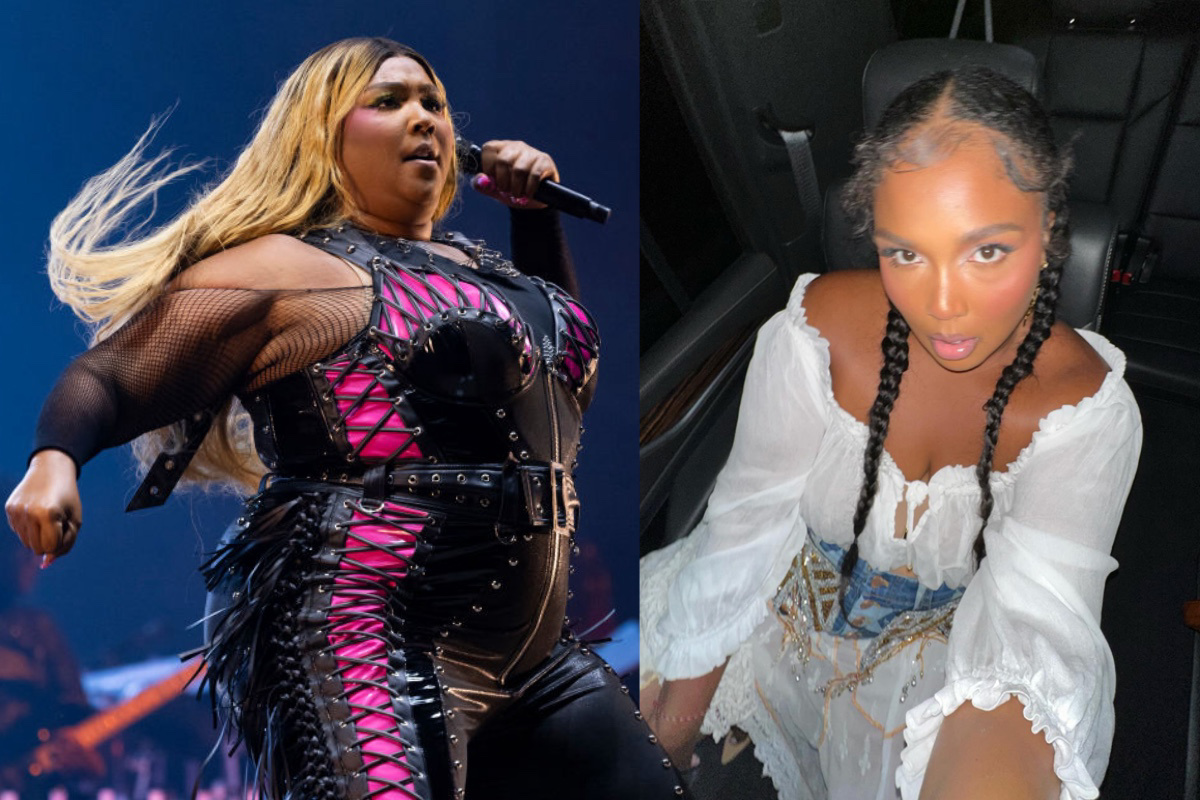 Lizzo Achieves Weight Loss Goal Shows Off New Figure In Dance Video
May 04, 2025
Lizzo Achieves Weight Loss Goal Shows Off New Figure In Dance Video
May 04, 2025 -
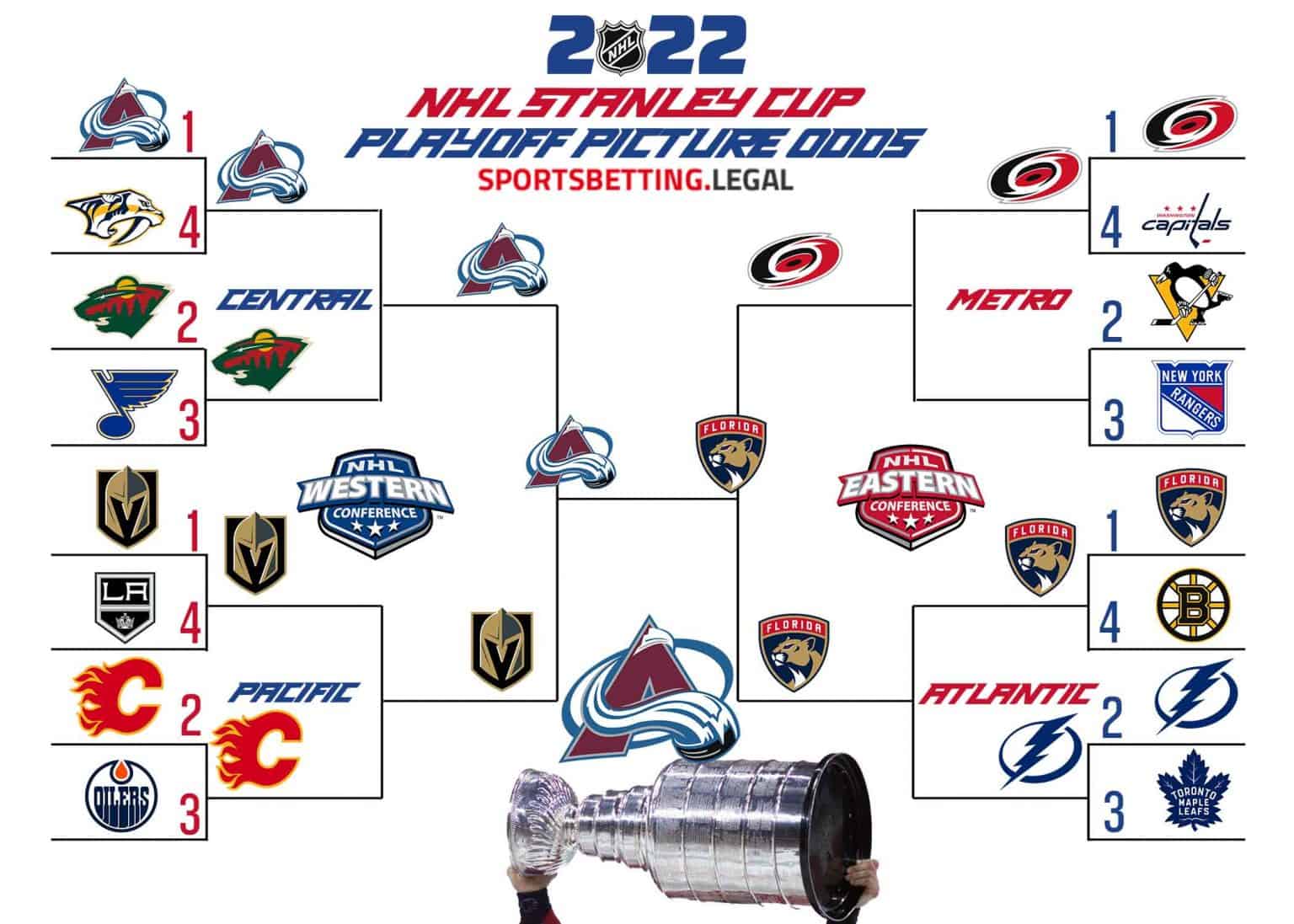 Nhl Playoffs 2024 Who Will Win The Stanley Cup
May 04, 2025
Nhl Playoffs 2024 Who Will Win The Stanley Cup
May 04, 2025 -
 Dari Sampah Menjadi Harta Petunjuk Praktis Mengolah Cangkang Telur Untuk Nutrisi
May 04, 2025
Dari Sampah Menjadi Harta Petunjuk Praktis Mengolah Cangkang Telur Untuk Nutrisi
May 04, 2025
Latest Posts
-
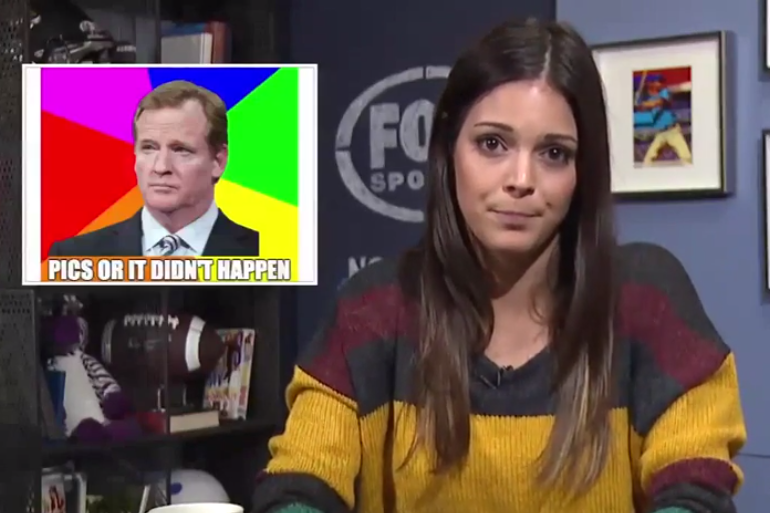 Katie Nolan Addresses Charlie Dixon Allegations
May 04, 2025
Katie Nolan Addresses Charlie Dixon Allegations
May 04, 2025 -
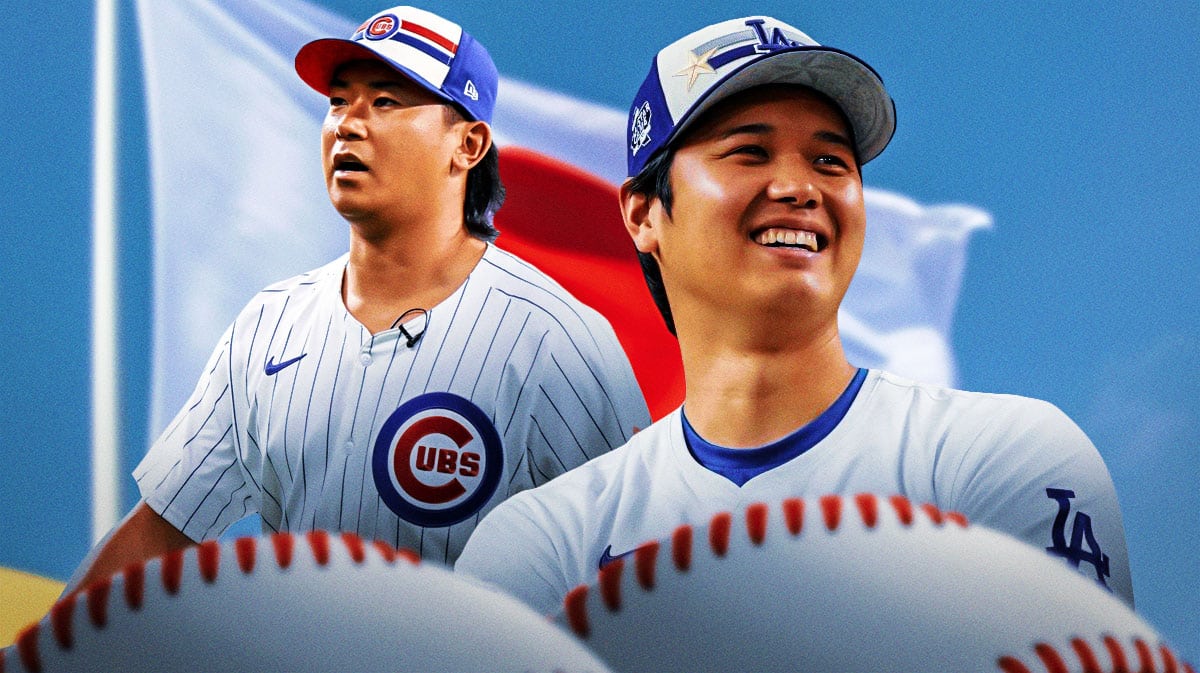 Chicago Cubs Vs La Dodgers Watch The Mlb Tokyo Series Online
May 04, 2025
Chicago Cubs Vs La Dodgers Watch The Mlb Tokyo Series Online
May 04, 2025 -
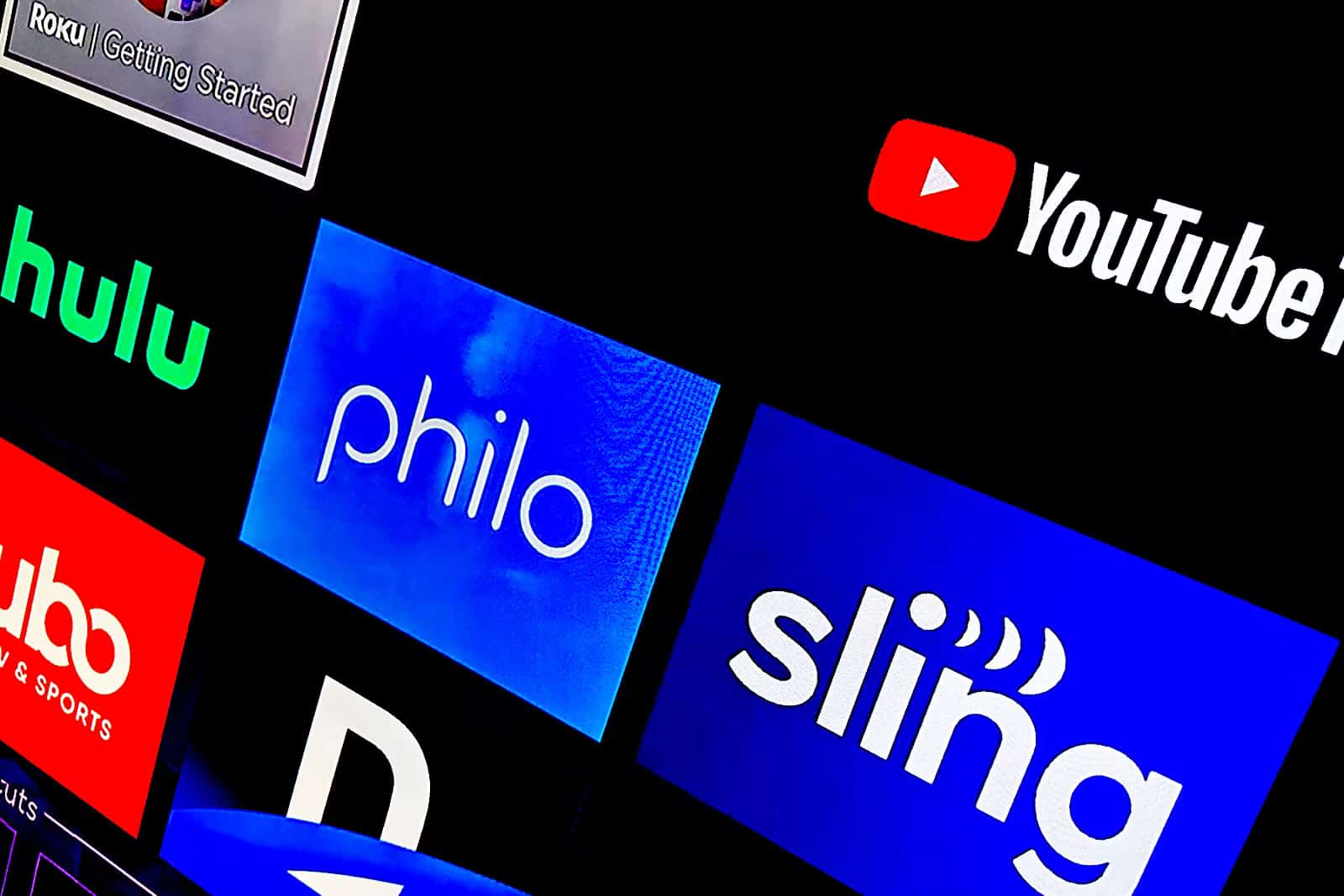 Access Fox Programming Cord Cutting Guide For Live Tv Streaming
May 04, 2025
Access Fox Programming Cord Cutting Guide For Live Tv Streaming
May 04, 2025 -
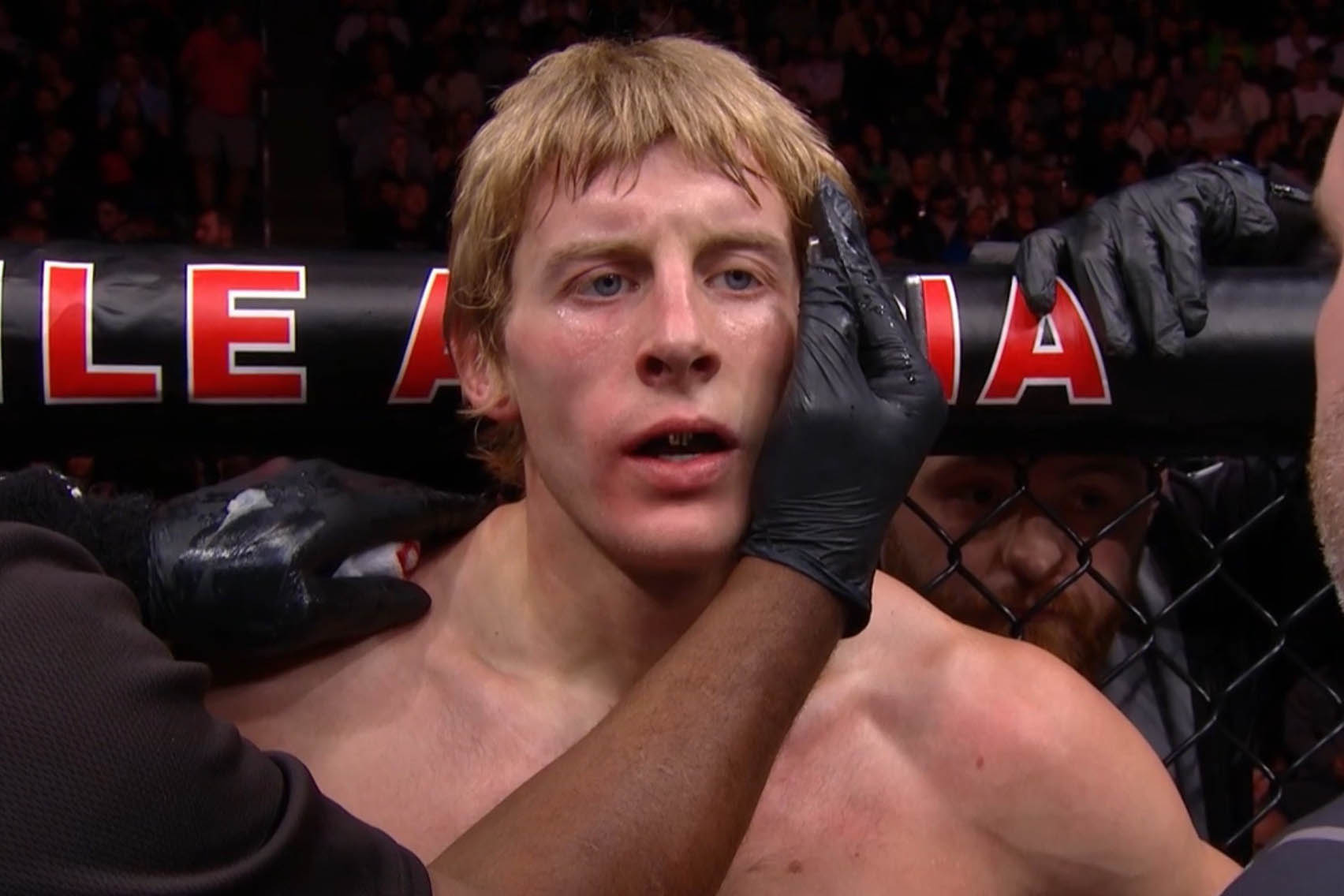 Analyzing Paddy Pimbletts Reaction To Dustin Poiriers Retirement Decision
May 04, 2025
Analyzing Paddy Pimbletts Reaction To Dustin Poiriers Retirement Decision
May 04, 2025 -
 Paddy Pimblett And Dustin Poirier A Clash Of Opinions On Retirement
May 04, 2025
Paddy Pimblett And Dustin Poirier A Clash Of Opinions On Retirement
May 04, 2025
